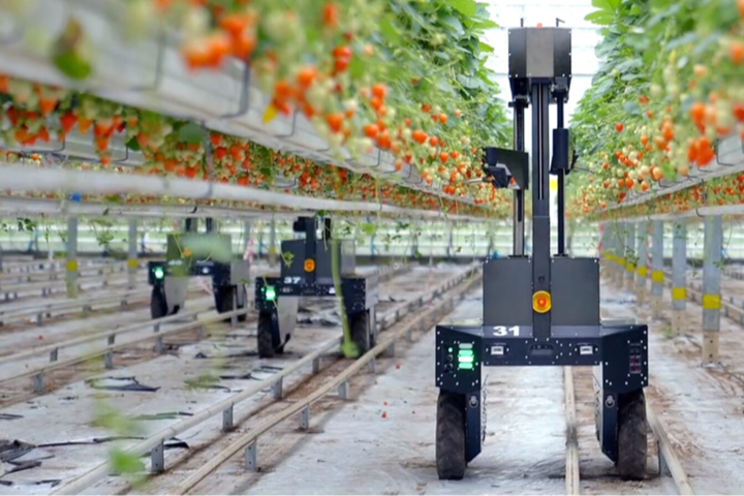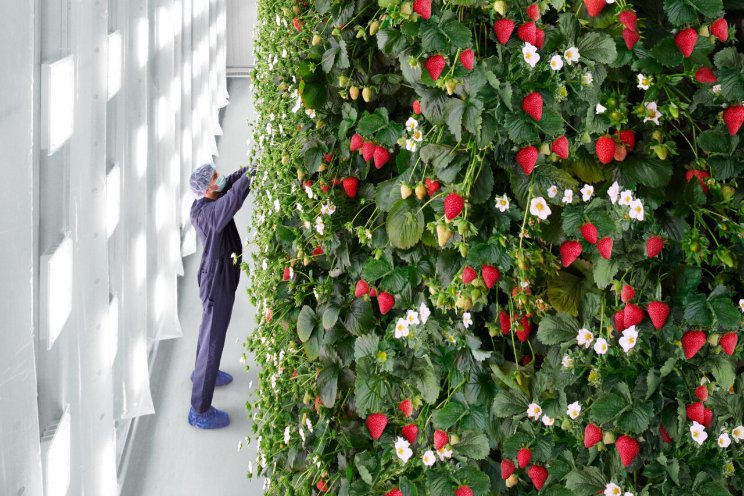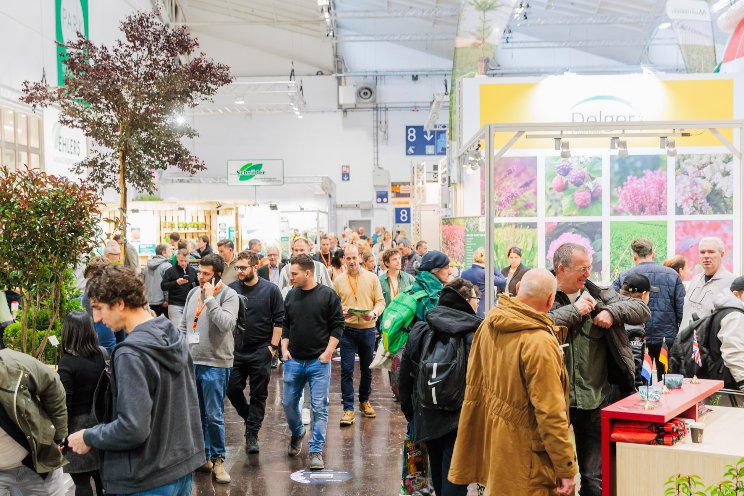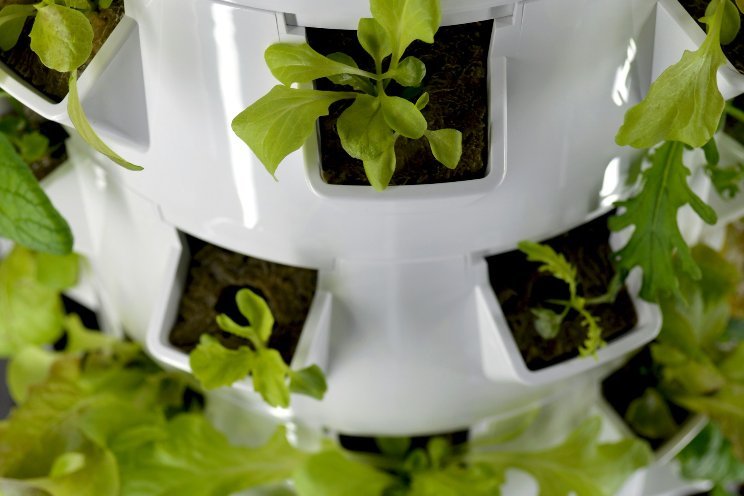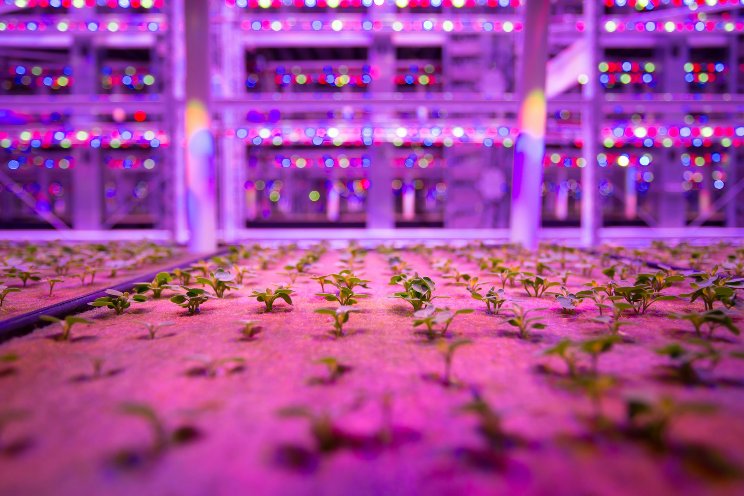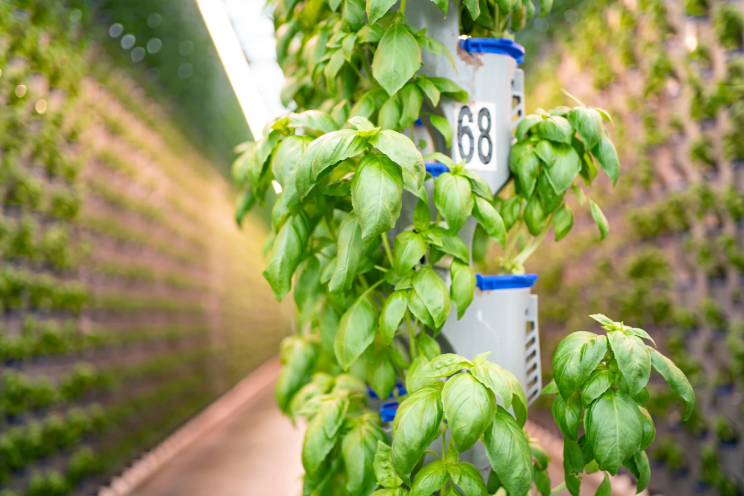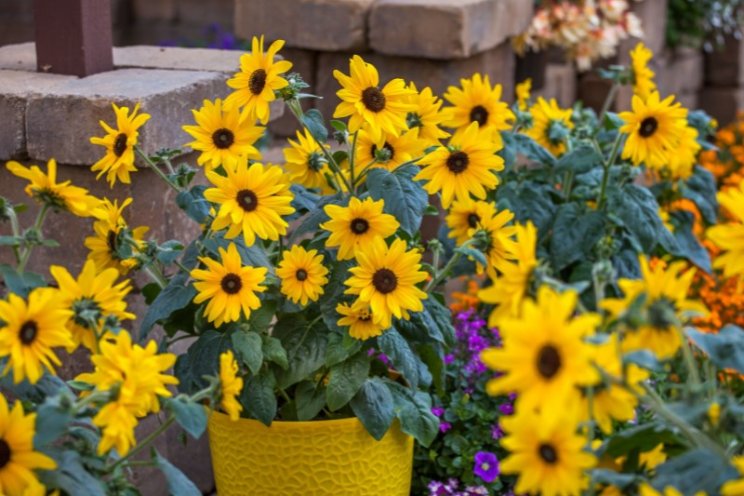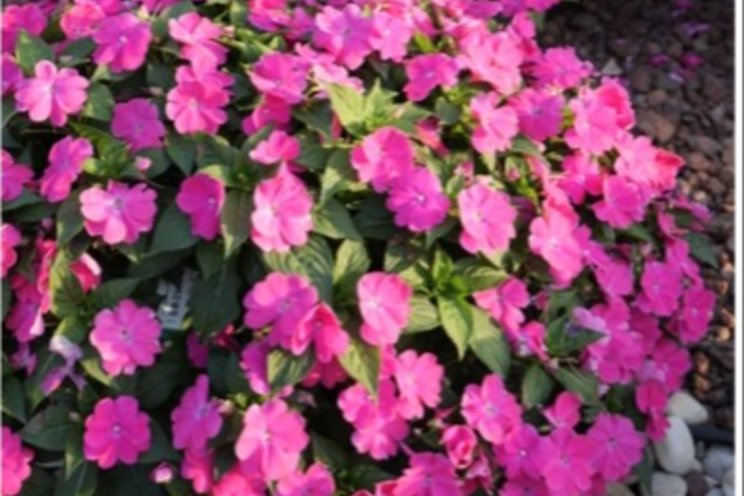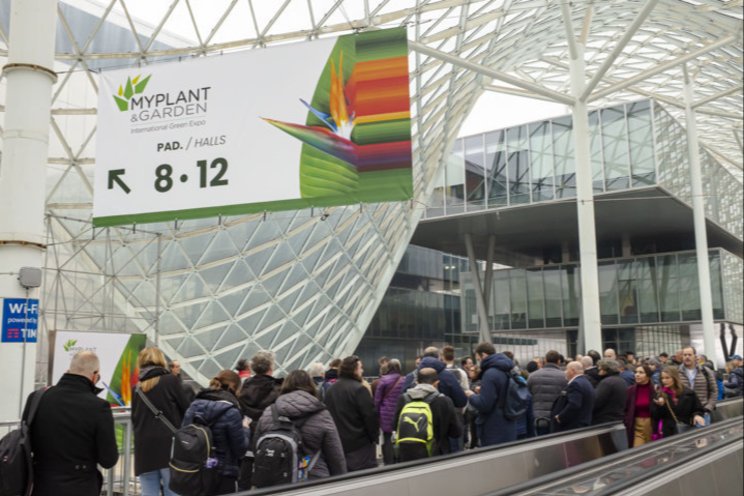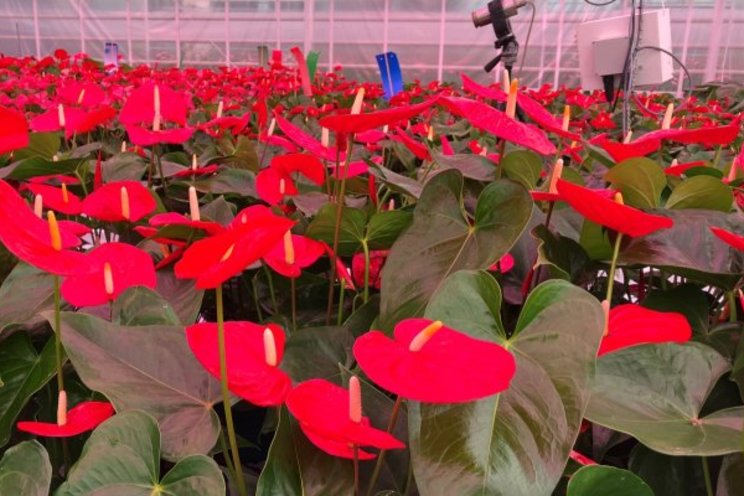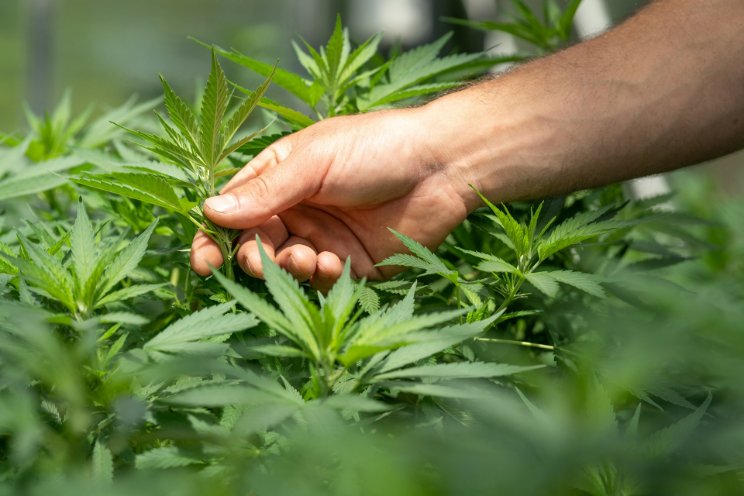How container farming benefits correctional facilities
Added on 04 October 2023
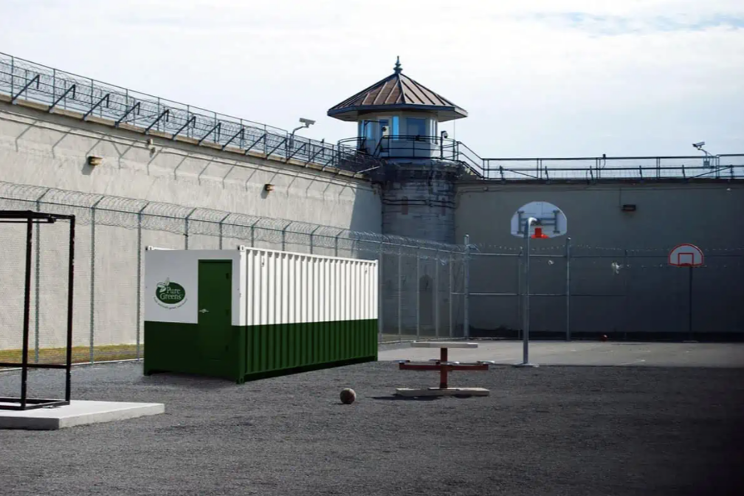
Container farming is an innovative farming method with tremendous potential for addressing various challenges, including reducing recidivism rates in correctional facilities. Recidivism, the tendency of individuals to relapse into criminal behavior after release, is a significant issue faced by correctional systems worldwide.
Correctional facilities face numerous obstacles in their efforts to reduce recidivism rates, like limited vocational training options and a lack of effective rehabilitation programs. However, hydroponic container farms offer a unique solution by providing inmates hands-on training in an engaging and therapeutic environment. This blog explores how this sustainable and efficient farming technique can contribute to breaking the cycle of recidivism.
Understanding Recidivism and Its Challenges
Recidivism, the reoccurrence of criminal behavior among individuals who have been previously incarcerated, poses significant challenges for correctional facilities and society as a whole. Understanding the complexities of recidivism is crucial to address the root causes and develop practical solutions.
Photo: By embracing hydroponics, correctional facilities can empower inmates, equip them with valuable skills, and create pathways to a brighter future beyond incarceration. Source: Pure Greens Container Farms
More news
